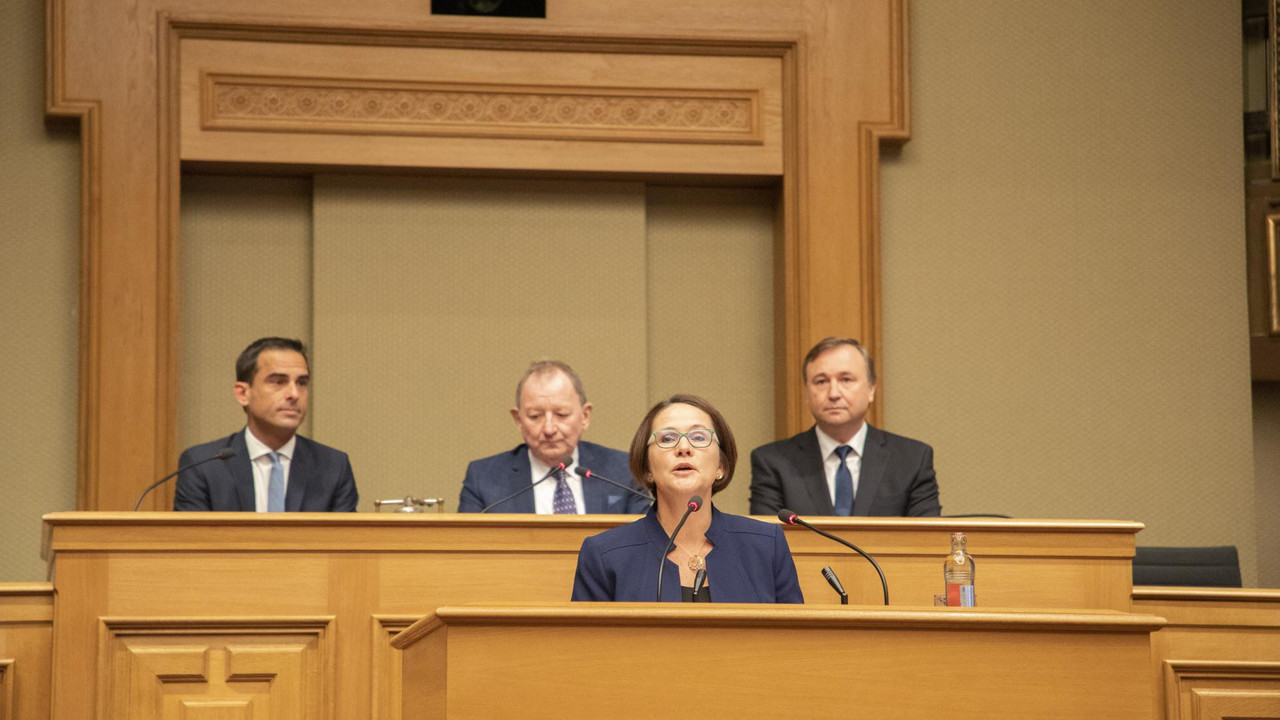The minister framed this budget as one in a time of crisis and erring on the side of caution. Statec’s latest forecasts point to a while inflation “could be contained to 2.8% thanks to government measures”, states a press release by the finance ministry. With a state spending of €27.3bn compared to revenue of €24.5bn, the central government will have a deficit of €2.8bn.
Luxembourg is in the middle of a storm. In such a situation, it is essential not to take ill-advised risks
Spending priorities
Nearly half (47%) of central government expenditure will be dedicated to social benefits, subsidies, grants and transfers to social security. Single-parent families will benefit from a tax relief. Following the increase of the social minimum wage, those earning that amount will continue to receive a full tax credit.
Affordable housing was also among the priorities of the budget with the housing ministry’s spending set to increase to €282m while the budget of the housing development fund will rise to €192m. Meanwhile, public investment would increase to €3.8bn, representing 4.6% of the country’s GDP. The environmental and climate investments envelope has been allocated € 1.2bn for 2023.
“Luxembourg is in the middle of a storm. In such a situation, it is essential not to take ill-advised risks. This crisis requires a realistic, supportive and responsible approach.” said (DP).
Energy transition
Supporting Luxembourg’s energy transition was another goal of the budget that Backes touched upon during her speech. The exceptionally reduced VAT rate of 3% will apply from 2023 to , while biofuels and bioliquids that meet the state’s sustainability criteria will be exempt from the CO2 tax. The sale, rental and repair of bicycles and household appliances will be subject to the reduced VAT rate of 8%.

